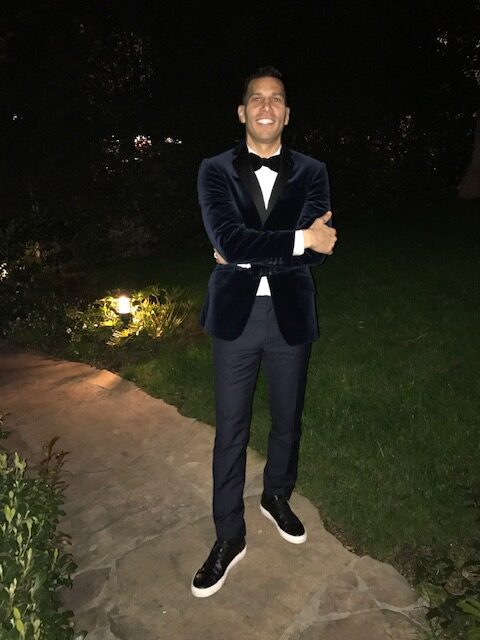The Power of the Mind in Sports Recovery: Dr. James Morales Explains the Mental Approach
The Power of the Mind in Sports Recovery: Dr. James Morales Explains the Mental Approach
Blog Article

In regards to activities healing, most people consider physical remedies: sleep, ice, physical therapy, and medication. But, a crucial, often neglected facet of recovery could be the mental side. Dr. James Morales New Jersey, a distinguished activities medicine expert, stresses that emotional well-being plays a similarly crucial position in healing and performance. In this article, we investigate the connection between mental wellness and running recovery, drawing on Dr. James Moralesextensive knowledge dealing with players across a variety of disciplines.
The Mind-Body Relationship in Activities Healing
Dr. Morales explains that your body and mind are lavishly related, and one can not completely retrieve without the other. A player who is mentally stressed, anxious, or frustrated might find it tougher to recuperate from an accident or conduct at their best. Intellectual tension can trigger physiological responses, such as for example increased muscle stress and reduced body flow, that may gradual the healing process. However, good mental health may improve healing by promoting rest, lowering irritation, and increasing overall physical health.
The Role of Mental Resilience
One of the most crucial emotional faculties for athletes dealing with injuries is emotional resilience. Dr. Morales highlights that resilience—the capacity to bounce straight back from problems and remain targeted despite adversity—is essential to a successful recovery. Players with solid psychological resilience are prone to stick for their recovery plans, conform for their rehabilitation exercises, and keep a confident prospect, which subscribe to faster therapeutic and greater efficiency once they reunite with their sport.
Visualization and Positive Thinking
Dr. Morales frequently incorporates psychological instruction practices such as for instance visualization in to his recovery plans. Athletes are shown to mentally rehearse successful actions and recovery scenarios. Studies reveal that visualization can stimulate the same neural pathways in mental performance as bodily action, which helps the body to recover and prepare for the go back to action. Positive considering is another effective tool. By focusing about what they could do as opposed to what they can not, athletes are more prone to keep encouraged, focused, and committed to their rehabilitation.
Overcoming Psychological Barriers in Damage Healing
Damage recovery can be irritating for athletes, specially people who depend on their bodily talents for success. Dr. Morales highlights the importance of addressing psychological barriers such as for instance fear of re-injury, stress, and loss in confidence. Athletes frequently worry about returning to their activity after an injury, fearing they might perhaps not be able to perform at their previous stage or may possibly reinjure themselves. Handling these considerations through therapy, peace techniques, and guidance from coaches and health practitioners might help athletes restore their confidence and mental clarity.
The Energy of Cultural Help
Eventually, Dr. Morales worries the significance of social help all through recovery. Surrounding oneself with positive, encouraging friends, family, and teammates can provide mental power, lower emotions of isolation, and increase motivation. Dr. Morales usually encourages his patients to slim on the support system and engage in staff activities or intellectual wellness workshops within their recovery process. Social interactions and group help support athletes stay mentally involved inside their healing and keep their spirits high because they perform toward the full return to their sport.
To conclude, the mental part of sports healing is simply as important because the physical. Dr. James Morales shows athletes that to recover fully, they need to address both their human anatomy and mind. By fostering intellectual resilience, training visualization, overcoming intellectual barriers, and doing cultural help, athletes may increase their recovery process and reunite to their sports stronger and more focused than ever before. As Dr. Morales claims, a healthy mind is equally as critical as a healthier body in reaching top athletic performance. Report this page